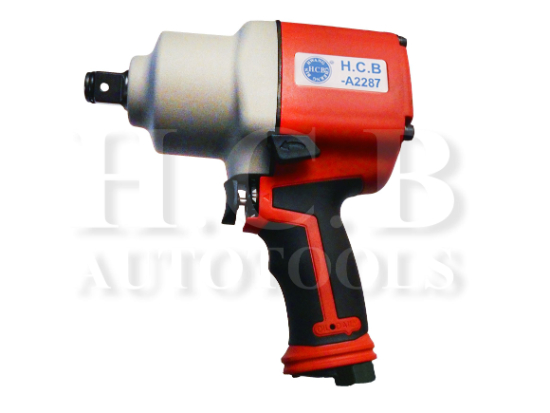• Always install, operate, inspect and maintain this product in accordance with
all applicable standards and regulations (local, state, country, federal, etc.).
• Always use clean, dry air at 90 psig (6.2 bar/620 kPa) maximum air pressure at
the inlet, unless a higher pressure rating is specified on the tool. Exceeding the maximum
rated pressure (PMAX) shown on the tool may result in hazardous situations including
excessive speed, rupture, or incorrect output torque or force.
• Be sure all hoses and fittings are the correct size are tightly secured.
• Ensure an accessible emergency shut off valve has been installed in the air supply line,
and make others aware of its location.
• Install a properly sized Safety Air Fuse upstream of hose and use an anti-whip device across
any hose coupling without internal shut-off, to prevent hose whipping if a hose fails or coupling disconnects.
• Do not use damaged, frayed or deteriorated air hoses and fittings.
• Keep clear of whipping air hoses. Shut off the compressed air before approaching a whipping hose.
• Always turn off the air supply, bleed the air pressure and disconnect the air supply hose before installing,
removing or adjusting any accessory on this tool, or before performing any maintenance on this tool or any accessory.
• Do not lubricate tools with flammable or volatile liquids such as kerosene, diesel or jet fuel.
• Use only proper cleaning solvents to clean parts. Use only cleaning solvents which meet current safety and
health standards. Use cleaning solvents in a well ventilated area.
• Keep work area clean, uncluttered, ventilated and illuminated.
• Do not remove any labels. Replace any damaged label.




